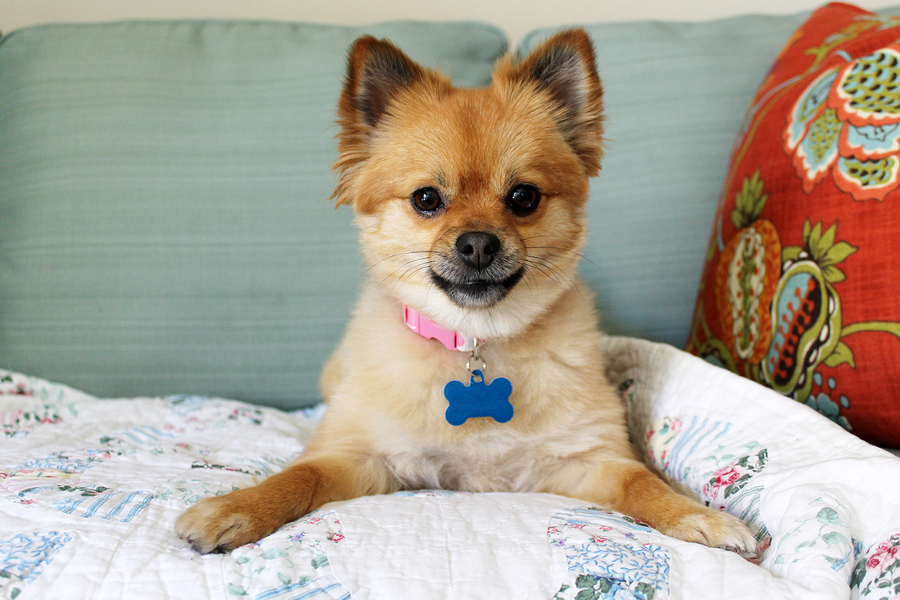Did you know that having a pet to spend time with may help reduce health issues and promote mental wellness in the elderly? Petting an animal has been found in studies to ease tension and anxiety. Of course, some individuals cannot have pets due to allergies or other medical concerns, but if your older loved one is interested, the New Year may be the ideal time to consider obtaining a new furry companion.
What may happen if you bring a little cat into the house of an elderly relative? Aside from some rambunctiousness and a cat getting

into every nook and cranny in the house, the cat will gradually grow to perceive your loved one as the one who will care for it, feed it, and shelter it. When this occurs, the cat will often approach your loved one, maybe sit on his or her lap, and purr while being caressed.
That will supply your loved one with the crucial component of companionship. Too often, we underestimate the company’s importance, particularly in the shape of a pet. If you don’t have a cat or dog of your own, it might be tough to sympathize with someone who does.
On the other hand, those who have had a pet in their lives are already aware of the wonderful and profound influence that it may have on mental and even physical well-being. If you want to hire or already have a home care provider, you should first consider the possibility of acquiring a cat for your loved one. Check to see if your loved one has any allergies. Your loved one should be able to care for the pet mostly on their own.
Discuss it with your loved one before heading out to acquire a cat. You should respect them enough to get their feedback rather than imposing a pet on them. It should be a genuine gesture of love, not trickery. A cat may have a dramatic and good influence on senior care. Here are a few more reasons why a cat may be your senior’s best pet choice.
They Require Less Physical Work
Not all elder care professionals will want to walk dogs or do physical things for a senior’s pet. That is why it is crucial to find a pet a senior can manage independently. Cats are great because they require less physical work for a senior to do. Cats are significantly more self-sufficient, and although they need exercise, they are far better at providing it for themselves. Playing with a cat may be a fixed pastime – for example, wiggling a laser pointer – while offering lots of action for the animal. Seniors willing to construct shelving or cat climbing “trees” will discover that their cats are happy.
They Go To The Bathroom On Their Own
Litter boxes are unattractive, but they’re a lot simpler to deal with than an animal that has to be let out all the time. Instead of leaning down to scoop poop at the dog park, cats perform their business in the same spot every day, allowing you to replace their litter on a consistent schedule (or even have a caretaker do it for you.) Cats are dependable and predictable, which are ideal characteristics for elders.
They Can Be Happy Indoors
Cats, unlike dogs, are content to spend their whole lives inside as long as they receive lots of playing. In fact, after a cat has been reared as an “indoor cat,” he or she may actively fight being put outdoors! Cats are inherently territorial, and they get their thrills from guarding their own palace rather than exploring new ones, so seniors with cats never have to feel bad about a lack of outside stimulation.


